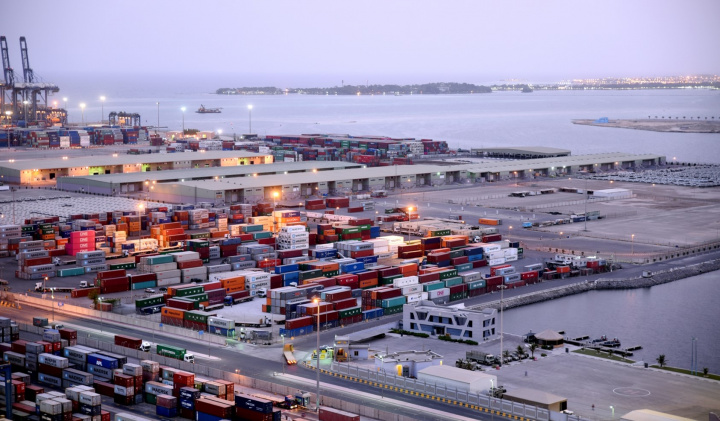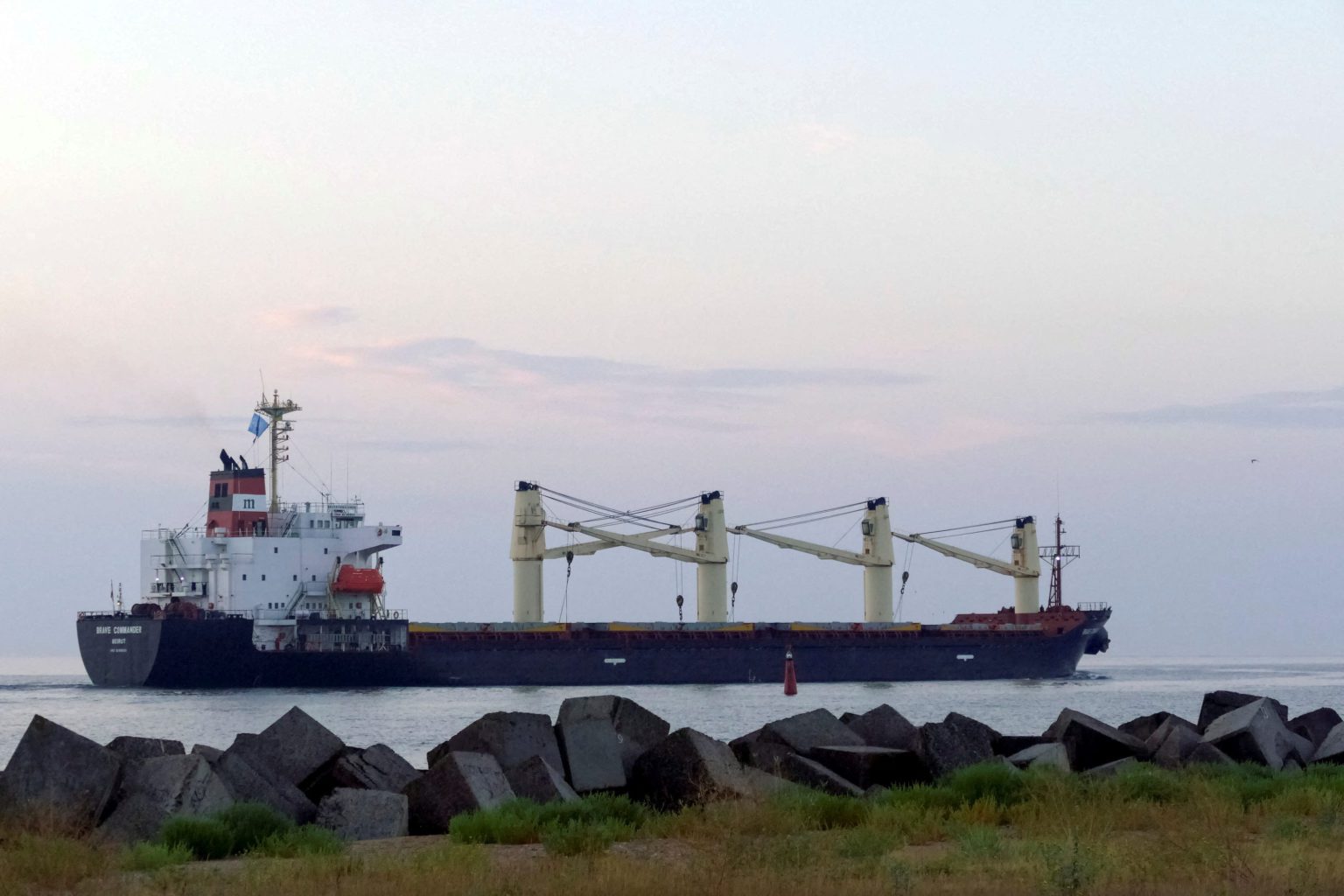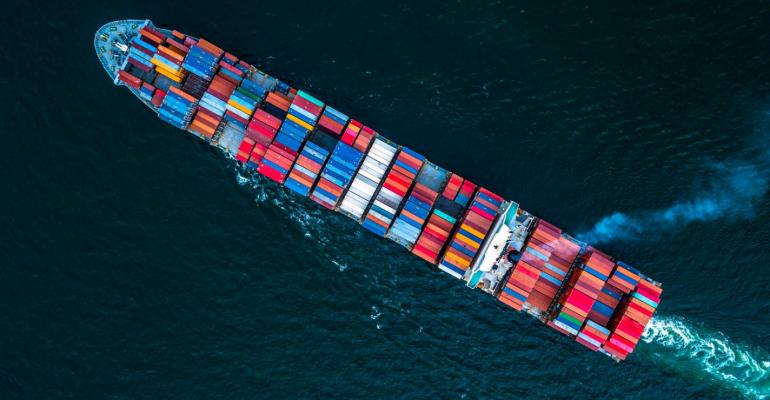Iran will target ships, naval vessels and military bases near the Persian Gulf and Red Sea linked to countries that defend Israel against future air strikes, Iranian state news reported June 14.
Iran fired over 100 missiles at Israel in retaliation against air strikes June 13 and June 14 that killed the commander of its Islamic Revolutionary Guard Corps and dozens of other top officials. Tehran then issued a warning to “any country that participates in repelling Iranian attacks”, and said it would target ships, naval vessels and military bases near the Persian Gulf and Red Sea, Iran’s Mehr news agency reported on Telegram.
US officials said that Washington had assisted Israel in shooting down Iranian missiles launched at night, deepening its rift with Tehran after it failed to reach a nuclear deal within a 60-day deadline set by US President Donald Trump. It is unclear if nuclear talks between the US and Iran scheduled to resume on June 15 will go ahead. Iran’s foreign ministry hasn’t decided whether to attend or not, its state news agency IRNA reported June 14.
Washington had previously distanced itself from a major Israeli attack on Iranian nuclear facilities June 13. However, Trump later warned in a social media post that planned Israeli strikes could be “even more brutal”.
Attacks on commercial shipping in the Persian Gulf are widely considered to be one of the most extreme military responses available to Iran. As the main gateway for Gulf countries to ship products to the global market, the Strait of Hormuz supports roughly 30% of global oil trade and 20% of world LNG supplies.
Since late 2023, attacks by Iran-backed Houthi militants on Red Sea shipping have forced many ship operators to avoid the Bab al-Mandab Strait and reroute around the Cape of Good Hope, adding around two weeks to Asia-Europe voyages.
Tehran has yet to directly attack any ships directly, and has historically avoided targeting the Strait of Hormuz in the Persian Gulf.
The Israeli Defense Forces reported that Iranian drones were shot down in the Upper Galilee area in the country’s north, Judea and the Dead Sea areas. Defense Minister Israel Katz later said that attacks on civilians had crossed a red line for Israel, and warned that Iran would “pay a heavy price”.
The IDF said its own attacks stretched as far as 1,500 km into Iran, hitting sites with “operational and national significance”. It claimed responsibility for the assassination of 20 Iranian commanders, including the Intelligence Directorate in the Iranian Armed Forces General Staff and the commander of the Islamic Revolutionary Guard Corps.
Analysts warn that new attacks could tighten world oil supply if Iranian infrastructure is hit, putting 3.24 million b/d of crude production and 2.2 million b/d of refining capacity at risk.
Brent crude futures surged more than 10% on June 13, spiking above $78/b in the largest single-day jump since 2022, before settling at $74.23/b June 13.
Markets have yet to price in a full closure of the Strait of Hormuz, traders said June 13, adding that they expect Iran won’t risk damage to the oil chokepoint critical to its own exports and those of its GCC allies.
“Unless Iran could persuade the Gulf Cooperation Council that such an action was essential for self-defense, closure would be perceived not only as a grave violation of international norms but, more critically, as a direct threat to the economics of the Gulf states,” JP Morgan analysts said June 13.
Source: Platts



